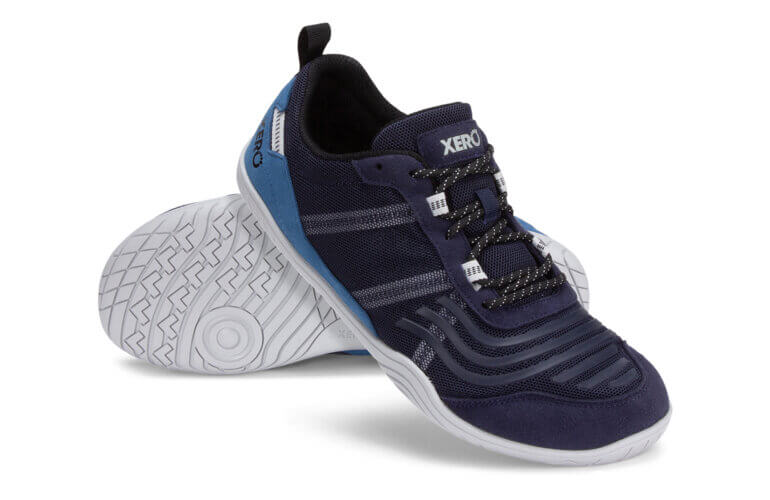Introduction
Barefoot shoes have gained popularity in recent years, with many people embracing the minimalist footwear trend. These shoes are designed to mimic the sensation of walking barefoot, offering a more natural and unrestricted feel. However, one question that often arises is whether it's necessary to wear socks with barefoot shoes. In this article, we will explore the pros and cons of wearing socks with barefoot shoes and help you make an informed decision.
Socks or No Socks? Weighing the Pros and Cons
When it comes to deciding whether to wear socks with barefoot shoes, there are several factors to consider. Let's take a look at the pros and cons of each option.
Pros of Wearing Socks with Barefoot Shoes
Added Comfort: Wearing socks can provide an extra layer of cushioning and comfort, especially if you have sensitive feet. Moisture Absorption: Socks help absorb sweat and moisture, keeping your feet dry and reducing the risk of blisters. Temperature Regulation: In colder weather, socks can provide insulation and keep your feet warm when wearing barefoot shoes. Hygiene: Wearing socks can help prevent foot odor by absorbing sweat and acting as a barrier between your feet and the shoe.Cons of Wearing Socks with Barefoot Shoes
Reduced Sensory Feedback: One of the main benefits of barefoot shoes is the increased sensory feedback from the ground. Wearing socks can diminish this sensation. Fit Issues: Some barefoot shoes are designed to fit snugly without socks, so wearing them may affect the fit and performance. Breathability: Adding an extra layer by wearing socks may reduce breathability, leading to sweaty and uncomfortable feet. Style Considerations: Barefoot shoes are often chosen for their sleek and minimalist design. Wearing socks may not give the desired aesthetic.FAQs about Barefoot Shoes
Are barefoot shoes suitable for everyone?- Barefoot shoes are not suitable for everyone. People with certain foot conditions or injuries should consult with a healthcare professional before wearing them.
- Barefoot shoes alone may not provide enough insulation in cold weather. It is recommended to wear thick socks or consider alternative footwear options.
- The lifespan of barefoot shoes can vary depending on the brand, quality, and frequency of use. On average, they can last anywhere from 6 months to 2 years.
- Yes, you can wear socks with barefoot shoes if it enhances your comfort and supports your needs. However, it's important to consider the potential drawbacks mentioned earlier.
- Most barefoot shoes are not waterproof but may offer some level of water resistance. It's best to check the specific shoe's features or opt for waterproof alternatives if necessary.
- Barefoot shoes generally require minimal care. Regular cleaning and airing out after use can help maintain their condition.
Conclusion
The decision to wear socks Learn more with barefoot shoes ultimately comes down to personal preference and individual needs. While wearing socks can offer added comfort, moisture absorption, and temperature regulation, it may also reduce sensory feedback and affect the fit of the shoe. Consider your priorities and weigh the pros and cons before making a choice that suits your lifestyle and preferences.

Remember, regardless of whether you choose to wear socks or not, it's important to listen to your body and prioritize comfort and foot health above all else. Happy walking in your barefoot shoes, with or without socks!